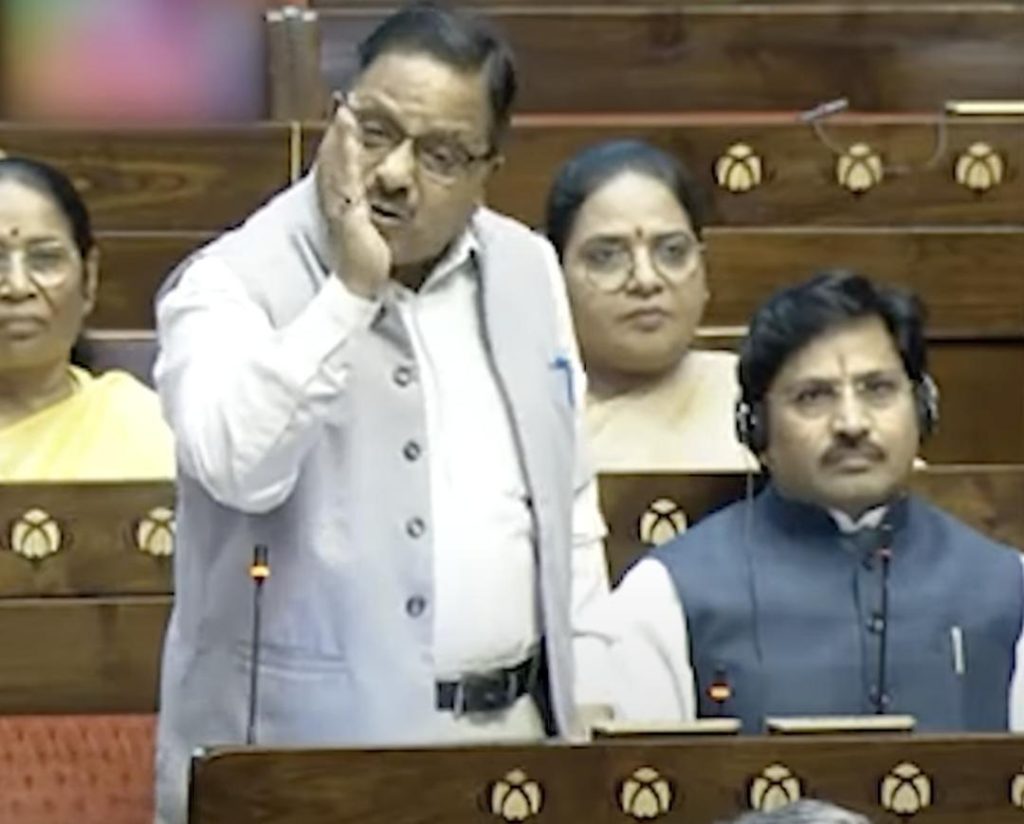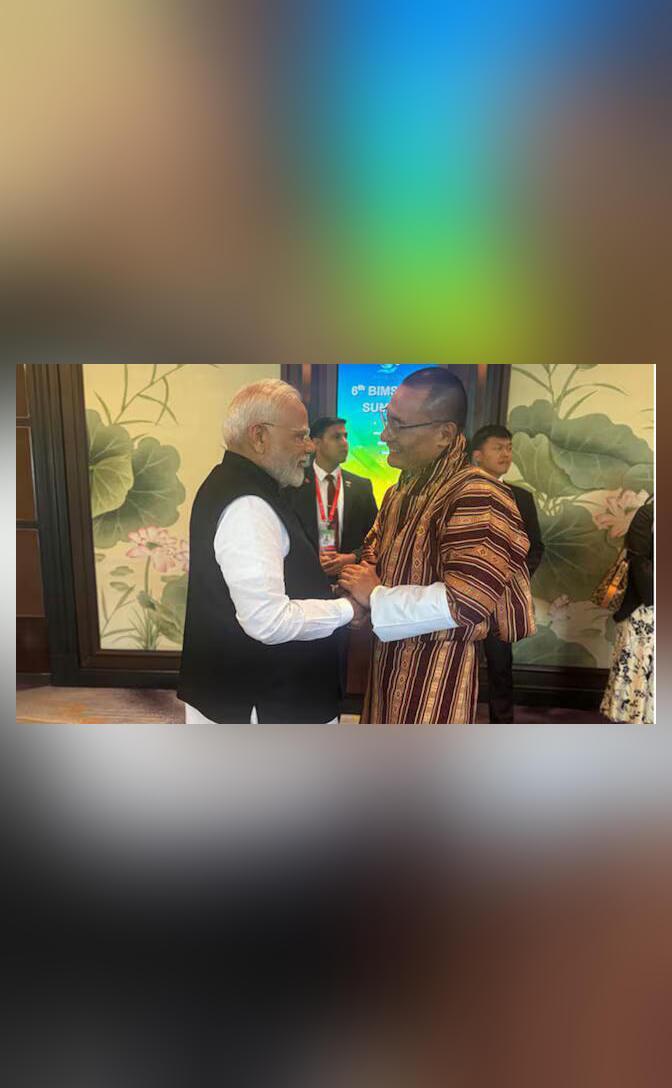
Should I Read the Quran and Tell You What’s Written in It: BJP MP Radha Mohan Das on Waqf Bill
The Waqf Bill, a contentious legislation aimed at regulating the management of religious properties in India, has been making headlines in recent times. The bill, which is still awaiting passage, has sparked heated debates and controversies, with various stakeholders expressing their concerns and reservations. Amidst the uproar, a BJP MP, Radha Mohan Das, made a rather intriguing remark during the discussion on the bill, which has left many wondering about its implications.
In a video clip that has gone viral, Radha Mohan Das is seen asking if he should read the Quran and tell what is written in it. This unexpected statement has raised several questions and eyebrows, with many wondering what he meant by it. As we delve into the context and implications of his remark, it is essential to understand the significance of the Quran and its role in Islamic faith.
What is the Quran?
The Quran is the holy book of Islam, revered by Muslims as the word of God. It is considered the most sacred book in Islam and is considered the literal word of God as revealed to the Prophet Muhammad (peace be upon him) over a period of 23 years. The Quran is composed of 114 chapters or surahs, with a total of 6,236 verses or ayahs. It is written in Arabic and is considered the ultimate authority in matters of faith, worship, and daily life for Muslims.
What did Radha Mohan Das say?
During the discussion on the Waqf Bill, Radha Mohan Das made a statement that has been widely reported and debated. He said, “The Quran says that even if one rupee is given to anyone, there should be a written record…And you say you have so many properties without a record.” His statement appears to be a reference to the Quranic verse that requires a written record for any transaction or donation, no matter how small.
Implications of Radha Mohan Das’s statement
Radha Mohan Das’s statement has been interpreted in various ways, with some seeing it as an attempt to question the accountability of the Waqf Board, which manages religious properties in India. The Waqf Board has been accused of mismanaging the properties and failing to maintain transparency in its dealings. Radha Mohan Das’s statement seems to suggest that if the Quran requires written records for even small transactions, then the Waqf Board should also maintain similar records for its properties and transactions.
On the other hand, some have criticized Radha Mohan Das’s statement as an attempt to undermine the Quran and the Islamic faith. They argue that it is inappropriate for a non-Muslim to question the contents of the Quran and that his statement has the potential to offend Muslim sentiments.
Contextualizing the statement
It is essential to contextualize Radha Mohan Das’s statement within the broader debate on the Waqf Bill. The bill aims to regulate the management of religious properties in India, including those managed by the Waqf Board. The Waqf Board has been accused of mismanaging the properties and failing to maintain transparency in its dealings. Radha Mohan Das’s statement seems to be a reference to this issue, with him questioning the lack of transparency and accountability in the Waqf Board’s dealings.
Conclusion
Radha Mohan Das’s statement has sparked a heated debate, with many wondering about its implications. While some have seen it as an attempt to question the accountability of the Waqf Board, others have criticized it as an attempt to undermine the Quran and the Islamic faith. It is essential to remain mindful of the context and implications of his statement, recognizing that it is a complex issue that requires a nuanced understanding of the Quran and its role in Islamic faith.
Source:






